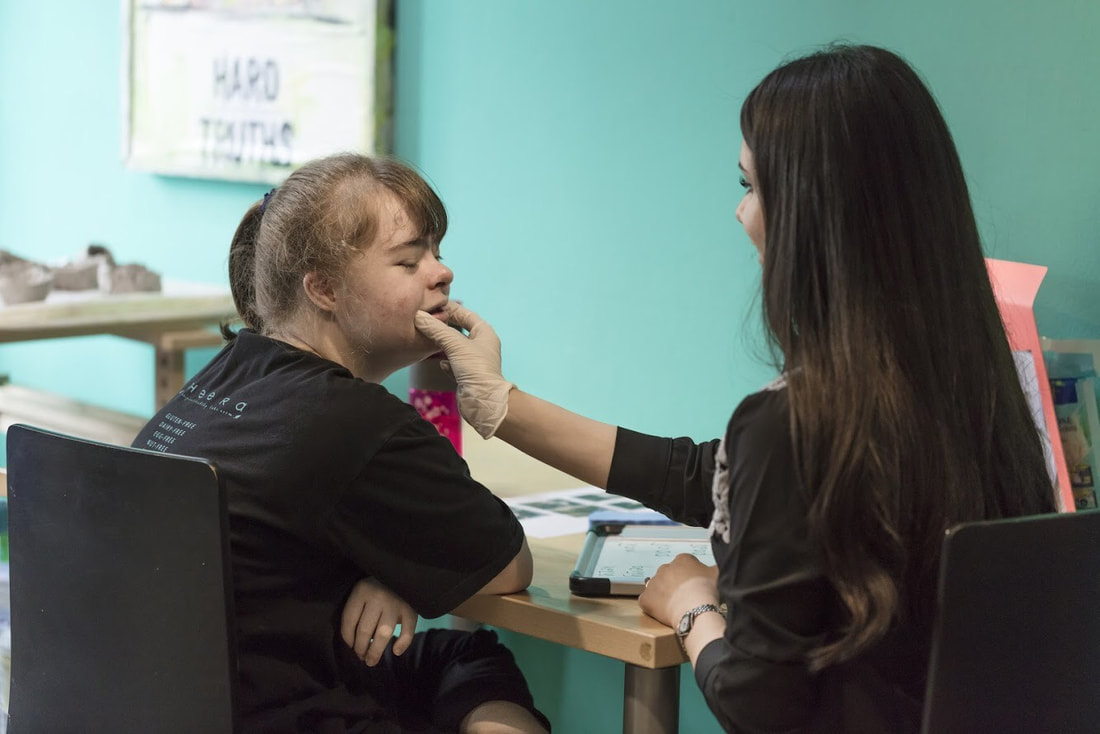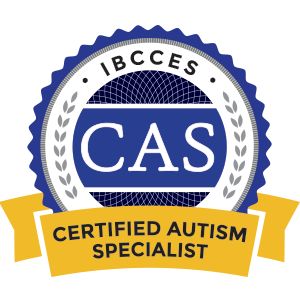|
This week’s post is a little different. It was inspired when I was asked to give a talk to a group of parents about why speech and language therapy is so important. In the last decade, the amount of research evidence outlining the negative consequences of speech and language delays has been quite shocking. I understand that for a parent, this information can be overwhelming. However, it is important for parents to understand the consequences of speech and language delays, so that they can make a well-informed decision about therapy.
Over the years, there have been many research studies that have looked at the implications of speech and language delays. Here is what was found: Learning [1, 2] Children with speech and language delays are likely to experience difficulty learning during their school years, especially with regards to reading and writing. In fact, children with speech and language delays are 4-5 times more likely to experience reading difficulty compared to their peers. Academic Achievement [3] Because of the difficulties in learning outlined above, these children tend to have lower academic achievement compared to other children. Behaviour [4-6] Children with language delays are more likely to display behavioural problems. These children are also more likely to show aggression compared to their peers. This is often a result of their frustration, due to difficulty they have expressing themselves or understanding what others are saying to them. Self-Esteem [4] Scientific evidence shows that children with language delays are more likely to have lower self-esteem when compared to their peers. Social Adaptation [4] Children with speech and language delays often experience difficulties making friends and forming attachments with others. As a result, they feel socially isolated and are less able to adapt to social situations compared to their peers. This is likely to transfer into adulthood. Emotional Outcomes [5-7] Everyone wants their child to grow up to be a happy person. However, speech and language delays have been linked to difficulties with emotional stability in adulthood. Research evidence has found that children who had a receptive language delay at the age of 5, were more likely to experience depression at the age of 34. This finding was more profound for men than women. Employment [5-7] Evidence has shown that children with persistent language delays are more likely to hold lower-skilled jobs and are more likely to experience long-term unemployment in the future. How Can I Minimise The Impact Of A Speech Language Delay On My Child’s Life? As a parent, there are certain steps you can take to reduce the impact of a speech language delay on your child’s life. These steps are: Step 1 Identification. If you are concerned about your child’s speech and language development, consult with a speech therapist. An assessment will help to determine if your child requires therapy and to identify the areas where they require further support. Step 2 Early Intervention. It has been scientifically proven that the earlier that children receive therapy to support their speech and language needs, the better the outcomes are likely to be. Step 3 Consistency. Parents often underestimate their influence on their child’s speech and language development. However, evidence has shown that when certain strategies are used by parents, the gains are even greater than when they are implemented by therapists. Finally, research has shown that there are many negative implications of speech and language delays. Unfortunately, this issue often receives less attention than necessary, and as a result many parents do not know the potentially serious implications of these delays on their child. Moreover, many parents also do not know that there are scientifically proven strategies available to them to support their child overcome these delays. I don’t normally ask that people share my posts, however, if you know someone who is considering therapy for their child, or who would consider it after reading this, please share this post- you could change a child’s life! Speak soon, Expat Speechie References 1. Raitano, N.A., Pennington, B.F., Tunick, R.A., Boada, R., & Shriberg, L.D. (2004). Pre-literacy skills of subgroups of children with speech sound disorders. J Child Psychol Psychiatry, 45(4):821–835. 2. Peterson, R.L., Pennington, B.F., Shriberg, L.D., & Boada, R. (2009). What influences literacy outcome in children with speech sound disorder? J Speech Lang Hear Res, 52(5):1175–1188. 3. Young, A.R., Beitchman, J.H., Johnson, C., et al. (2002). Young adult academic outcomes in a longitudinal sample of early identified language impaired and control children. J Child Psychol Psychiatry, 43(5):635–645. 4. Schoon, I., Parsons, S., Rush, R., & Law, J. (2010). Children’s Language Ability and Psychosocial Development: A 29-Year Follow-up Study. Pediatrics, 126(1). 5. Law, J., Rush, R., Schoon, I., & Parsons, S. (2009). Modeling developmental language difficulties from school entry into adulthood: literacy, mental health, and employment outcomes. J Speech Lang Hear Res. 52(6):1401–1416. 6. Cohen, N.J., Barwick, M.A., Horodezky, N.B., Vallance, D.D., & Im, N. (1998). Language, achievement, and cognitive processing in psychiatrically disturbed children with previously identified and unsuspected language impairments. J Child Psychol Psychiatry, 39(6):865–877. 7. Cohen, N.J., Menna, R., Vallance, D.D., Barwick, M.A., Im, N., & Horodezky, N.B. (1998). Language, social cognitive processing, and behavioral characteristics of psychiatrically disturbed children with previously identified and unsuspected language impairments. J Child Psychol Psychiatry, 39(6):853–864. |
Welcome to my blog!
|






